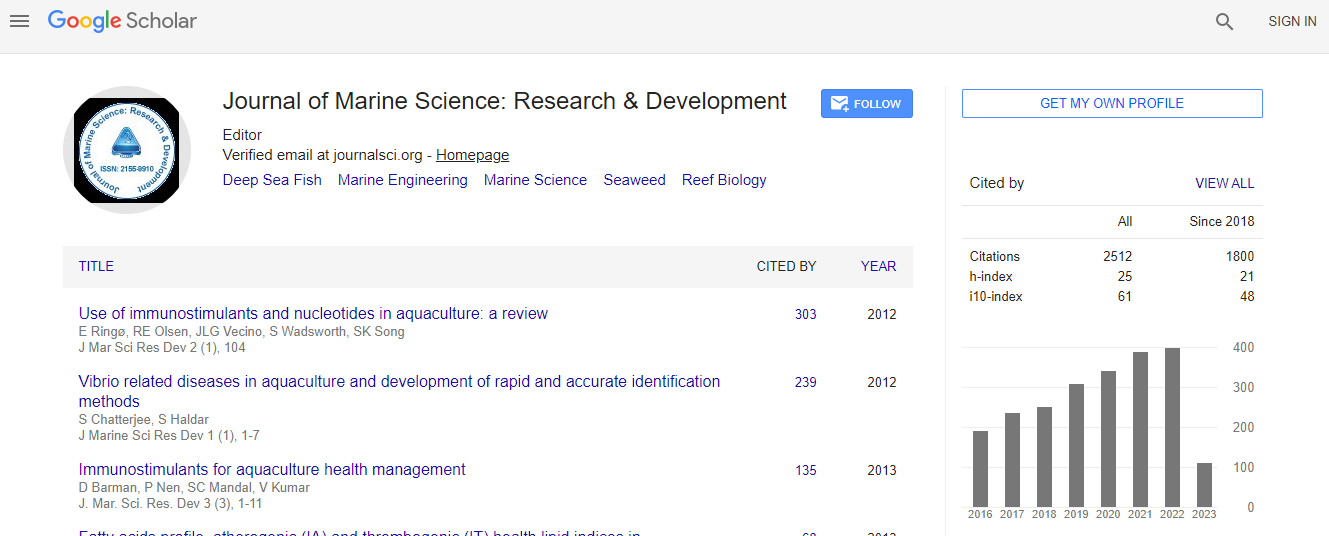Research Article
Ecosystem Approach based Methodology to Support Land use Planning: Egyptian Experience
Ghoneim SA1* and Ibrahim H21Department of Environmental Planning, Cairo University, Egypt
2Regional Development Department, Cairo University, Egypt
- Corresponding Author:
- Ghoneim SA
Faculty of Regional and Urban Planning
Department of Environmental Planning
Cairo University, Egypt
Tel: +201000890056
E-mail: h1_sadeldin@yahoo.com
Received Date: May 07, 2016; Accepted Date: June 28, 2016; Published Date: June 30, 2016
Citation: Ghoneim SA, Ibrahim H (2016) Ecosystem Approach based Methodology to Support Land use Planning: Egyptian Experience. J Marine Sci Res Dev 6:201. doi:10.4172/2155-9910.1000201
Copyright: © 2016 Ghoneim SA, et al. This is an open-access article distributed under the terms of the Creative Commons Attribution License, which permits unrestricted use, distribution, and reproduction in any medium, provided the original author and source are credited.
Abstract
This paper is focused on the Ecosystem Approach Framework for Planning and Management of Coastal Wetlands “EA-PMCW”, as one of the novel Ecosystem Approach’s customized frameworks. The EA-PMCW was developed by Ghoneim SA to support the land use planning and development decision in coastal wetlands as an example of the most sensitive and productive ecosystems on earth. However it translated the principles of the ecosystem approach into a step by step methodology considering the requirements of the planning process, it reflected the especial features of coastal wetlands and the challenges they are facing, including development pressures and increased impacts of climate change. The paper aims to test the applicability of the EA-PMCW within the context of the Egypt, as a rich representative case study. It starts with a brief description of the EA-PMCW and its main feature. Then it tests the applicability through exploring the potentials and challenges involved in applying different stages of the EA-PMW in Egypt. The results show high level of acceptability from the decision-makers and a promising level of applicability. Finally, some recommendations towards successful application could be extracted based on tackling the challenges and maximizes the potentials within the local context.

